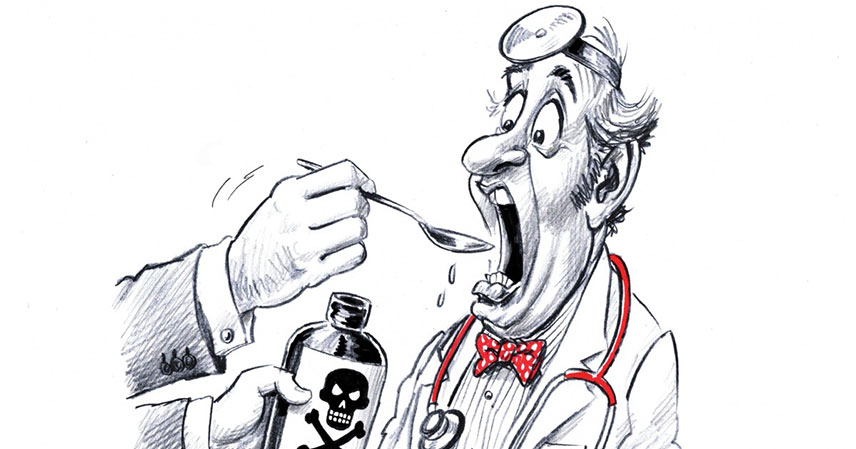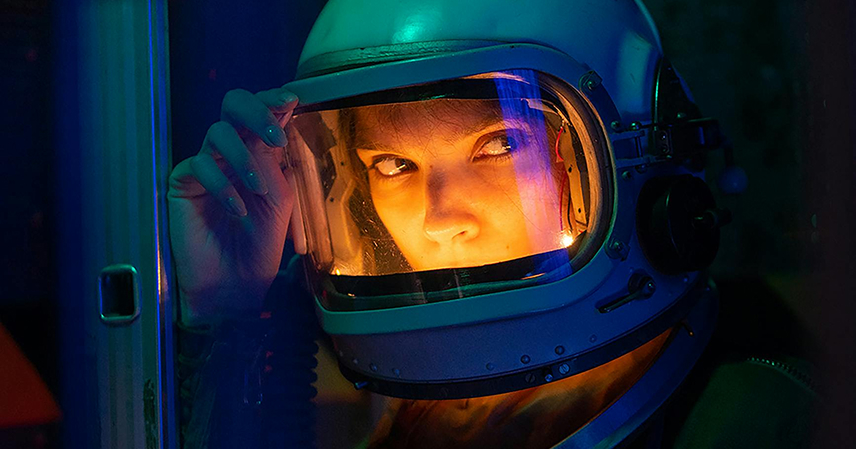The journey of scientific discovery is rarely a straight line. Often, it’s a winding path filled with unexpected detours and even outright failures. Yet, these perceived missteps frequently pave the way for groundbreaking advancements. This fascinating premise is at the heart of Dead Ends! Flukes, Flops, and Failures that Sparked Medical Marvels, a new nonfiction illustrated children’s book.
Authored by the acclaimed science historian Lindsey Fitzharris and illustrated by cartoonist Adrian Teal, this book promises an engaging look at the sometimes-messy reality of scientific progress. It invites readers, particularly young ones, to appreciate the value of persistent inquiry, even when initial efforts don’t yield the intended results. Understanding these historical “failures” can offer profound lessons for future innovators.
The Power of “Successful Failures” in Science 💡
One of the most compelling examples highlighted in Dead Ends! is the story of Robert Koch and his invention of Tuberculin. In 1890, this German scientist believed he had developed a cure for tuberculosis, a devastating disease of the era. Derived from the infecting bacterium, Tuberculin was initially hailed with great hope and anticipation.
However, Koch’s initial vision of a cure did not materialize. Tuberculin failed to heal patients as he had intended. Despite this setback, his work was far from a complete loss. The substance, though not a cure, proved remarkably effective as a diagnostic skin test for tuberculosis. This “successful failure” illustrates a fundamental truth in science: an experiment might not achieve its primary goal, but it can still yield invaluable insights and applications.
This narrative underscores that innovation is often iterative. It requires constant experimentation, observation, and re-evaluation. What appears to be a dead end can, in fact, be a crucial stepping stone. Recognizing the unexpected utility of a discovery is a hallmark of true scientific genius. The book likely explores many such instances, demonstrating how persistence and an open mind are vital.
Lindsey Fitzharris: Master of Medical Macabre and History 📚
Lindsey Fitzharris is no stranger to unearthing the compelling, and often gruesome, facets of medical history. Her previous works have established her as an expert science communicator with a distinct voice. She possesses a remarkable ability to transform complex historical narratives into accessible and gripping stories.
Her 2017 biography, The Butchering Art, offered a vivid portrait of surgical pioneer Joseph Lister. This book explored his revolutionary work in antiseptic surgery, detailing the often-grisly realities of 19th-century medicine. Fitzharris masterfully conveyed the challenges and triumphs of medical innovation during a period of immense change.
Following this, her 2022 release, The Facemaker, delved into the extraordinary life of Harold Gillies. This visionary surgeon dedicated himself to rebuilding the faces of disfigured soldiers from World War I. Fitzharris brought to light the incredible resilience of both the patients and the medical professionals who pioneered reconstructive techniques under harrowing circumstances. Her work consistently illuminates the human element within scientific advancement.
Beyond her books, Fitzharris has also captivated audiences through other mediums. In 2020, she hosted a Smithsonian Channel documentary series, The Curious Life and Death Of…. In this series, she explored the mysterious deaths of historical figures, from Pablo Escobar to Harry Houdini. Her investigative approach, involving virtual autopsies and real-time demonstrations, showcased her commitment to gleaning fresh insights from historical data. This diverse portfolio solidifies her reputation as a captivating storyteller and rigorous historian.
Adrian Teal’s Artistic Touch and the Children’s Book Format 🎨
The visual dimension of Dead Ends! is brought to life by the talented cartoonist and illustrator Adrian Teal. Teal is widely recognized for his distinctive caricatures and illustrations. His work on the British TV series Spitting Image is particularly well-known, showcasing his sharp wit and artistic skill. His illustrations have also graced the pages of prestigious publications like The Guardian and The Sunday Telegraph.
Teal’s involvement is crucial, especially for a children’s book. His engaging illustrations will undoubtedly make complex historical and scientific concepts more approachable. The combination of Fitzharris’s insightful narrative with Teal’s vibrant artwork creates a powerful educational tool. It promises to capture the attention of young readers and hold their interest.
Presenting such profound scientific history in a children’s book format is a strategic and commendable choice. It allows for the demystification of science and the celebration of intellectual curiosity from an early age. By showing that even renowned scientists faced setbacks, the book normalizes failure as a part of learning. This perspective can empower children to embrace challenges in their own scientific explorations. It teaches them that mistakes are not endpoints, but rather opportunities for new discoveries.
Key Insights for Aspiring Innovators and Curious Minds ✨
- Scientific progress is often non-linear: Breakthroughs frequently emerge from unexpected results or initial failures, highlighting the importance of adaptability.
- Historical context enriches understanding: Examining past scientific endeavors, both successful and unsuccessful, provides crucial lessons for contemporary research and innovation.
- Accessibility fosters inspiration: Presenting complex scientific and historical topics in an engaging, illustrated format can spark curiosity and inspire the next generation of scientists and thinkers.
- Collaboration drives creativity: The synergy between a historian’s narrative and an artist’s visuals demonstrates how interdisciplinary approaches can make learning more profound and enjoyable.
Dead Ends! Flukes, Flops, and Failures that Sparked Medical Marvels stands as more than just a collection of historical anecdotes. It is a testament to the enduring spirit of scientific inquiry. It teaches us that every experiment, every hypothesis, and every result—even the “failures”—contributes to the grand tapestry of human knowledge.
This book offers a unique opportunity for young readers to learn about the true nature of scientific discovery. It encourages them to see setbacks not as roadblocks, but as valuable data points on the path to innovation. Fitzharris and Teal have crafted a work that is both educational and deeply inspiring. It celebrates the often-overlooked lessons found in scientific missteps, proving that true marvels often begin where expectations end.
Source: Dead Ends is a fun, macabre medical history for kids



